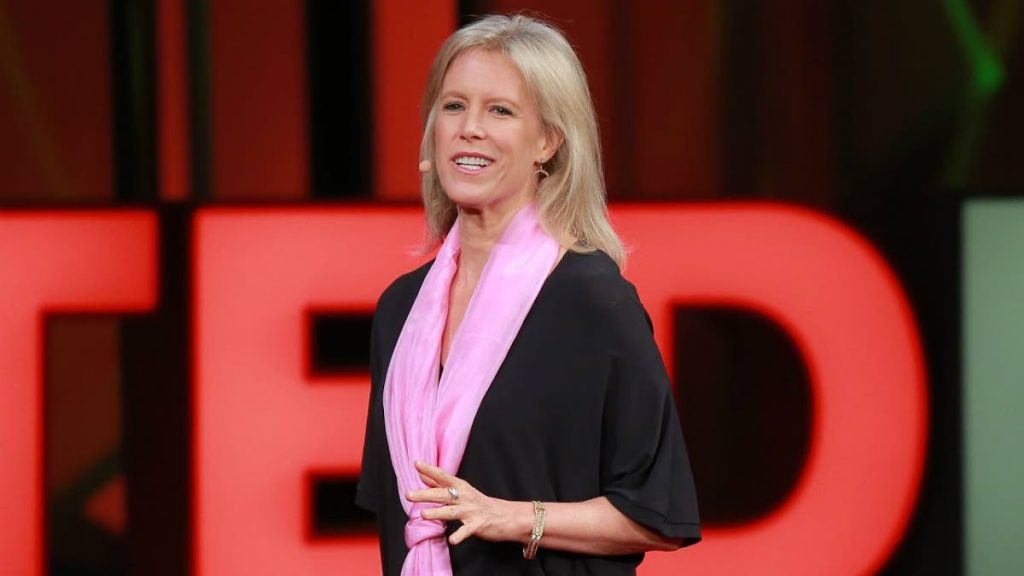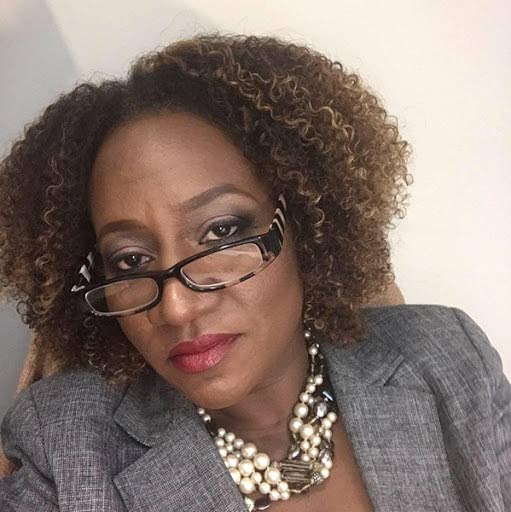Activists: Support, don't force, victims of abuse

It is important not to pressure someone in a domestic violence environment, but instead, they should be supported until they have the strength to leave, clinical psychologist Camille Quamina has advised.
She said a strong level of self esteem was necessary to leave an abusive relationship but often women deny their instincts, believe they are crazy for thinking what was being done to them was abuse or abnormal, and adjust to the situation until they did not have enough self-worth or energy to get out of it.
Quamina made the statement on Saturday at the Eastern Credit Union’s I Am That Girl forum discussion on domestic violence at the Eric Williams Auditorium, La Joya St Joseph.
She said if a victim left before they were ready, they may return to the situation. They could also leave but then not be able to stand on their own or build themselves, their self-esteem or self-worth.
In addition to support, Claire Guy-Alleyne, head of the TT Police Service’s Gender-Based Violence Unit suggested that the matter be reported to her unit. She said it could be done by telling the officers that the victim was not aware of the call, and they would visit the victim without mentioning who called. She added that the victim could also receive counselling from the unit.
She said a victim could call the police who would meet them somewhere rather than them having to go to a station to file a report. However, she said some people report domestic violence to the police just to have it on record but did not want to go any further.
Another issue was that some victims of domestic violence may not even realise they are being abused.
In a Tedx Talks video, author Leslie Morgan Steiner said when she was in the situation with her ex-husband, she did not see herself as being abused. Instead, she thought she was a strong woman in love with a troubled man and she was the only one who could help him.

People also tend to believe that domestic abuse was only physical or sexual, or only between married couples or couples that live together. However, the Domestic Violence Act covers “visiting relationships” or boyfriend and girlfriend if they are together for a year. It also includes children or elderly in the home.

Alana Jameson, Master of the High Court, explained domestic abuse is about trying to take control of another person in the home. It could include undercutting someone’s self-esteem, direct or implied threats, depriving someone from the use of their property including their salaries or pensions, forced confinement, stalking, and more.
Communications professional and president of the Public Relations Association of TT, Nicole Duke-Westfield, said it was important to trust your gut and not just laugh off an action or comment. “There is a line because everybody must have their own life. It (domestic violence) happens even at the level of teenage or pre-teen relationships.”

Agreeing with Quamina about supporting a victim, Duke-Westfield said the point was to give that person a space to feel empowered, especially since they were not in control in certain environments. She said it was important to listen and let them know you would be there for them.
Removing the stigma of domestic violence is also important, and not only for women because between 2010 to 2015, 25 per cent of the victims of domestic violence in TT were men. Also, stigma is one of the reasons people do not leave their abusers.


Comments
"Activists: Support, don’t force, victims of abuse"